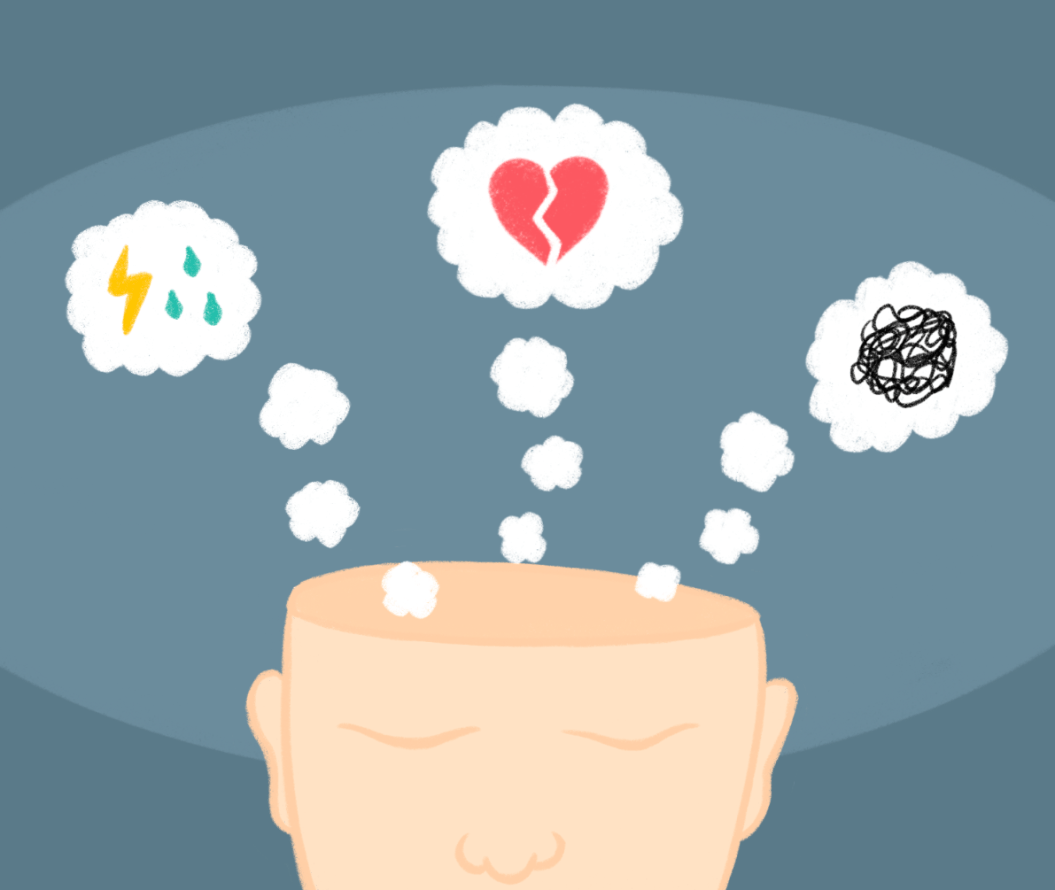Hi, I'm currently in third year studying MChem Chemistry for Drug Discovery and Development. I am passionate about science , LGBTQ+ rights and swimming too.

It might not come as a surprise to you that eating healthy can affect our physical and our mental health. The relationship between what we eat and our mental health is extremely complicated but research has found a link between our food and our mood. In this post I will be discussing the benefits eating healthy can have on your mental health.
Stabilises your mood
Serotonin is the key hormone that stabilises our mood, happiness and wellbeing. It is believed that 95% of the body’s serotonin supply is produced by gut bacteria. Our guts and brain are linked physically by the vagus nerve.

This means that the brain and gut are able to send messages to each other and therefore the gut can influence the emotional behaviour in the brain and the brain can alter the type of bacteria living in the gut. Eating a healthy balanced diet and keep your gut healthy will allow your body to produce the right amount of serotonin to keep us happy and healthy. More information on how to improve your gut health can be found here.
Increases your energy levels
Experts at Harvard Medical School have said that making healthy eating a daily habit increases our ability to be productive through higher energy levels. They suggest eating a balanced diet that includes proteins, fats, vegetables, whole grains, healthy oils and a variety of unrefined carbohydrates.

Regularly eating the right food at the right time for your body will allow your energy levels to be regulated and this will have a positive knock-on effect on your mental health.
Reduces depression
Research has shown that depression and the food we eat can be linked to some extent. Studies have found that a lack of vitamin B12, iron and calcium is often the culprit in mild cases of depression and anxiety.

This could mean that when we are feeling down, instead of reaching for a tub of ice cream or a chocolate bar, we should instead eat a spinach salad or enjoy a bowl of vegetable soup. A study published in the US National Institutes of Health said;
“When we take a close look at the diet of depressed people, an interesting observation is that their nutrition is far from adequate. They make poor food choices and selecting foods that might actually contribute to depression.”
If you notice that you are regularly eating unhealthy food when you are feeling low, then why not try and switch this up and see if this makes a difference to your mental health? If you are unsure what food could be good or bad for depression, check out this post from Healthline.
Thank you for taking the time to read this article. I hope it has made you think a bit more about the food you are eating and the effect that it can have on your body both mentally and physically. If you want more content like this then check out my post on how to stay healthy during lockdown. Let us know how you are keeping healthy this summer by tagging us on social media @UoLStudentLife!
For more help or advice about mental health support at the University Lincoln, visit Student Services.




